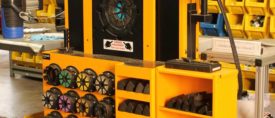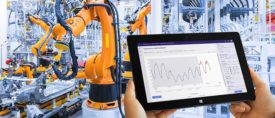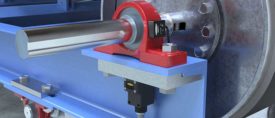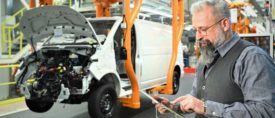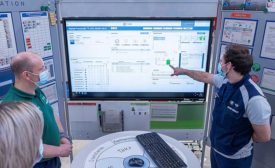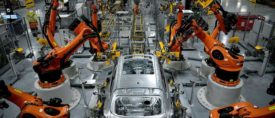Home » Keywords: » digital manufacturing
Items Tagged with 'digital manufacturing'
ARTICLES
Smart Factories: Here and Now
Highly automated smart factories are no longer a pie in the sky concept.
November 23, 2022
Cybersecurity for the Factory of the Future
Large and small manufacturers are increasingly vulnerable to cyberattacks.
August 26, 2022
VW and the Cloud
By creating an industrial cloud, VW hopes to improve systemwide productivity by 30 percent.
June 30, 2022
Seven Ways Lean Can Evolve
The future of lean lies in digital manufacturing.
September 2, 2021
Meeting the Challenge of Implementing AI
Like other transformative technologies, artificial intelligence presents manufacturers with unique challenges to overcome for successful implementation.
August 25, 2021
Get our new eMagazine delivered to your inbox every month.
Stay in the know on the latest assembly trends.
SUBSCRIBE TODAY!Copyright ©2024. All Rights Reserved BNP Media.
Design, CMS, Hosting & Web Development :: ePublishing


